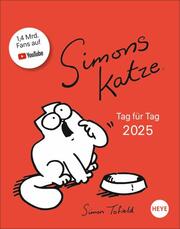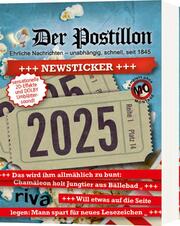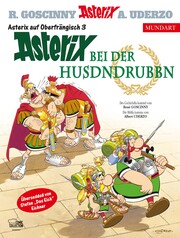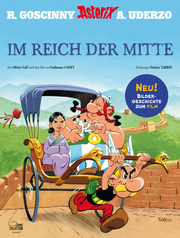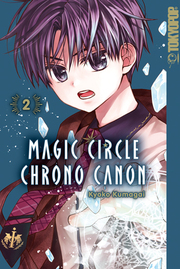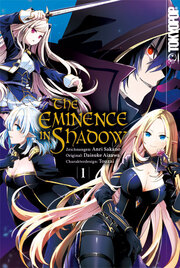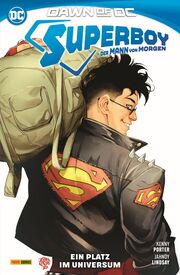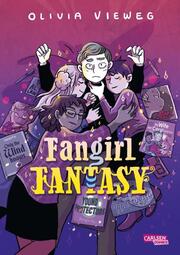Beschreibung
This book provides readers with an introduction to the materials and devices necessary for flexible sensors and electronics, followed by common techniques for fabrication of such devices and system-level integration. Key insights into fabrication and processing will guide readers through the tradeoff choices in designing such platforms. A comprehensive review of two specific, flexible bioelectronic platforms, related to smart bandages for wound monitoring and thread-based diagnostics for wearable health, will demonstrate practical application at the system level. The book also provides a unique electrical engineering perspective by reviewing circuit architectures for low noise signal conditioning of weak signals from sensors,, and for low power analog to digital converters for signal acquisition. To achieve energy autonomy, authors provide several example of CMOS energy harvesting front end circuits and voltage boosters. Beyond circuit architectures, the book also provides a review of the modern theory of sampling and recovery of sparse signals, also known as compressed sensing. They then highlight how these principles can be leveraged for design and implementation of efficient signal acquisition hardware and reliable processing of acquired data for flexible electronic platforms.
Autorenportrait
Sameer Sonkusale is currently a Professor of Electrical and Computer Engineering at Tufts University with a joint appointment in the department of Biomedical Engineering and also Chemical and Biological Engineering. He has also held visiting appointments at the Brigham and Womens Hospital, Harvard Medical School and the Wyss Institute at Harvard University. At Tufts University, Dr. Sonkusale directs an interdisciplinary research group Nano Lab with research focus on flexible bioelectronics, biomedical devices circuits and systems, micro- and nano-fabrication, and point of care diagnostics. Dr. Sonkusale received his MS and PhD in Electrical Engineering from the University of Pennsylvania. He has received several awards including the National Science Foundation CAREER award in 2010. He is an alumnus of the National Academy of Engineering US Frontiers of Engineering meeting in 2015, and the National Academy of Sciences Arab-America Frontiers meeting in 2014 and 2016. Dr.Sonkusale has been on the editorial boards of Scientific Reports (Nature), IEEE Transactions on Biomedical Circuits and Systems, IEEE Transaction on Circuits and Systems -1, Journal of Low Power Electronics and Application, Chips, PloS One, and Electronic Letters. He is a senior member of the IEEE, and a member of OSA, MRS, BMES and AAAS. More information can be found here: www.nanolab.info
Maryam Shojaei Baghini is currently a Professor in the Department of Electrical Engineering at IIT-Bombay. She is TATA Trust Chair Prof. in Frugal Engineering and fellow of INAE (Indian National Academy of Engineering). She received his MS and Ph.D. from Sharif University of Technology, Tehran in 1999 and joined Electrical Engineering Department of IIT-Bombay as a postdoctoral fellow in 2001 after working in industry as a senior analog IC designer. Prof. Maryam has more than 15 years of experience in the areas of sensor, circuit and system design, development, test, fabrication and prototyping, field deployment and translation research. She has also expertise in the design of analog, mixed-signal and RF integrated circuits. Prof. Maryam Shojaei has published more than 300 peer reviewed international journals and conference papers with her team of students and researchers. She is inventor/co-inventor of 19 granted Indian and US patents with 39 more patent applications. She is joint-recipient of 17 awards and has graduated 30 Ph.D. scholars till date. She has been technical track chair and TPC committee member of many international conferences. More information about Prof. Maryam is available from her department website: https://www.ee.iitb.ac.in/wiki/faculty/mshojaei.
Shuchin Aeron is an Associate Professor in the Dept. of ECE at Tufts University. Prior to Tufts he was a post-doctoral research scientist at Schlumberger Doll Research, Cambridge, MA from 2009-2011. He was awarded the School Of Engineering and Electrical and Computer Engineering BestThesis Award. He is a recipient of the NSF CAREER award (2016). He is a senior member of the IEEE and is on the Technical Program Committee for IEEE Machine Learning for Signal Processing (MSLSP). He is also an associate editor for the IEEE Transactions on Geosciences and Remote Sensing (TGRS). His main research interest lies at the intersection of information theory, statistical signal processing and machine learning, and optimal transport. More information can be found here: https://facultyprofiles.tufts.edu/shuchin-aeron
Inhalt
Chapter 1. Materials and Processing for Flexible Bioelectronics.- Chapter 2. Sensors and Platforms for Flexible Bioelectronics.- Chapter 3. Low-noise CMOS Signal Conditioning Circuits.- Chapter 4. Data Converters for Wearable Sensor Applications.- Chapter 5. Power Management Circuits for Energy Harvesting.- Chapter 6. Sampling and recovery of signals with spectral sparsity.- Chapter 7. Compressed Sensing.
Informationen zu E-Books
„E-Book“ steht für digitales Buch. Um diese Art von Büchern lesen zu können wird entweder eine spezielle Software für Computer, Tablets und Smartphones oder ein E-Book Reader benötigt. Da viele verschiedene Formate (Dateien) für E-Books existieren, gilt es dabei, einiges zu beachten.
Von uns werden digitale Bücher in drei Formaten ausgeliefert. Die Formate sind EPUB mit DRM (Digital Rights Management), EPUB ohne DRM und PDF. Bei den Formaten PDF und EPUB ohne DRM müssen Sie lediglich prüfen, ob Ihr E-Book Reader kompatibel ist. Wenn ein Format mit DRM genutzt wird, besteht zusätzlich die Notwendigkeit, dass Sie einen kostenlosen Adobe® Digital Editions Account besitzen. Wenn Sie ein E-Book, das Adobe® Digital Editions benötigt herunterladen, erhalten Sie eine ASCM-Datei, die zu Digital Editions hinzugefügt und mit Ihrem Account verknüpft werden muss. Einige E-Book Reader (zum Beispiel PocketBook Touch) unterstützen auch das direkte Eingeben der Login-Daten des Adobe Accounts – somit können diese ASCM-Dateien direkt auf das betreffende Gerät kopiert werden.
Da E-Books nur für eine begrenzte Zeit – in der Regel 6 Monate – herunterladbar sind, sollten Sie stets eine Sicherheitskopie auf einem Dauerspeicher (Festplatte, USB-Stick oder CD) vorsehen. Auch ist die Menge der Downloads auf maximal 5 begrenzt.

























